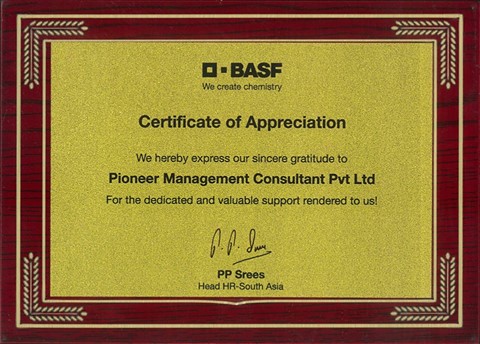A healthy work culture is essential for employee satisfaction, productivity, and overall organizational success. Unfortunately, many employees find themselves in toxic environments that can lead to burnout, disengagement, and high turnover rates. Nothing can destroy your company culture faster than a toxic work culture—after all, toxic breeds toxic. Understanding the signs of a toxic work culture is crucial for recognizing when it’s time to move on.
Here are five marks of a toxic work culture that can destroy your company culture faster than you think.
1. Lack of Communication
In a toxic work environment, communication is often inadequate or nonexistent. Important information may be withheld, leading to confusion and mistrust among team members. When employees feel they cannot voice their concerns or seek clarification, frustration builds, and morale declines.
"Effective communication is the cornerstone of a thriving workplace."
When you notice that your contributions are overlooked or that decisions are made without input from those affected, it may be time to consider leaving.
2. Fear and Intimidation
A workplace where fear and intimidation reign can be detrimental to employee morale. This can manifest as bullying, micromanagement, or punitive behavior from leadership. When employees feel threatened, it stifles creativity and collaboration, making it difficult for teams to succeed.
"A culture of fear kills innovation and enthusiasm."
If your workplace prioritizes compliance over creativity, it's a significant red flag.
3. Unclear Expectations
When roles and responsibilities are not clearly defined, confusion and frustration can set in. Employees may feel they are working hard without knowing what they are truly aiming for, leading to diminished motivation and a sense of futility.
"Clarity breeds accountability; ambiguity breeds chaos."
If you find yourself constantly questioning your role or the goals of your team, it may be a sign that the culture is not conducive to your success.
4. High Turnover Rates
A high turnover rate is often a strong indicator of a toxic work culture. If employees are consistently leaving the organization, it may signal underlying issues such as poor management, lack of growth opportunities, or an unhealthy environment.
"Retention is a reflection of an organization’s culture."
If you notice that your colleagues frequently leave and are replaced by new hires, it may be a warning sign that the culture is toxic and unwelcoming.
5. Disrespect and Lack of Recognition
In a healthy work culture, employees feel valued and appreciated for their contributions. In contrast, a toxic environment often fosters disrespect, favoritism, and a lack of recognition for hard work. When employees feel unappreciated, it can lead to disengagement and a decline in productivity.
"Recognition is not just a nicety; it's a necessity."
If your efforts go unnoticed, and disrespect becomes the norm, it may be time to consider your future in the organization.
Conclusion
Recognizing these five marks of a toxic work culture is essential for your professional well-being. If you find yourself in an environment where communication is lacking, fear is prevalent, expectations are unclear, turnover is high, and respect is minimal, it may be time to reevaluate your position.
"Staying in a toxic environment can hinder your growth and well-being."
Nothing can destroy your company culture faster than a toxic work culture; toxic breeds toxic. Prioritizing your mental health and career fulfillment is crucial. Sometimes, the best decision you can make is to leave a toxic workplace and seek a healthier environment where you can thrive both personally and professionally. Remember, your well-being is invaluable, and you deserve to work in a culture that uplifts and supports you.
#ToxicWorkplace #OrganizationalHealth #WorkplaceCulture #EmployeeWellbeing #LeadershipChallenges #WorkplaceWellness #CultureChange #EmployeeEngagement #WorkplaceDynamics #MentalHealthAtWork #pmcpl #pioneermanagementconsultantpvtltd



Leave a comment